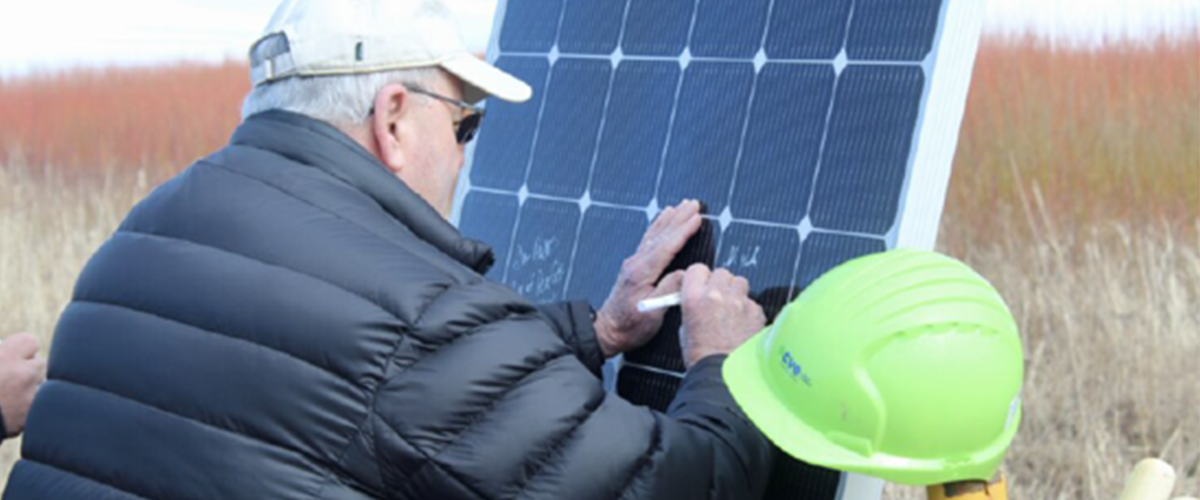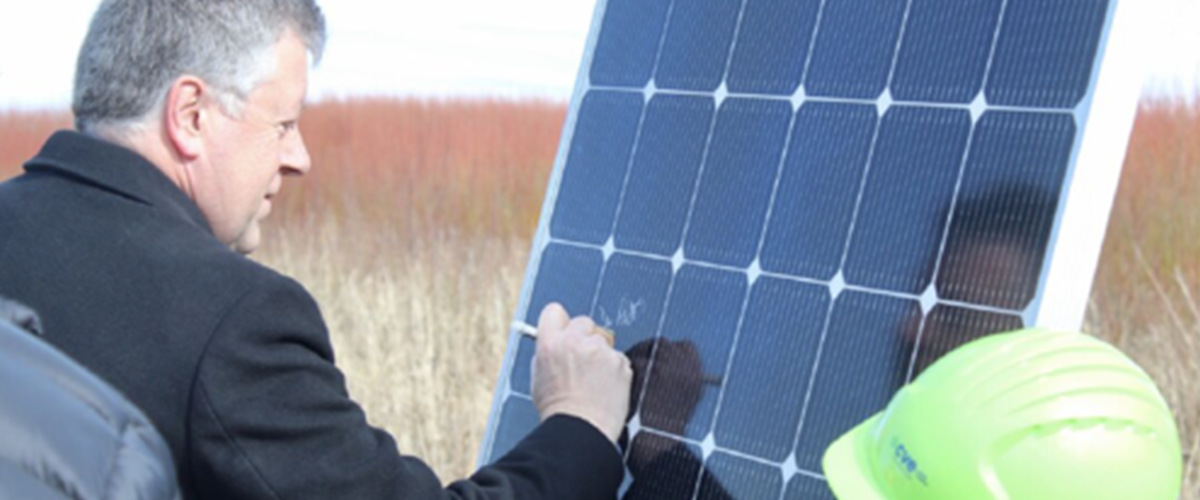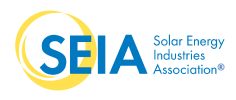Landowners and Local Governments
Our relationship with landowners and local governments
For Landowners
Landowners play an important role in building solar farms for communities
At CVE North America, we recognize the vital role that landowners play in building solar farms for communities. Without their participation, we would not be able to bring clean energy to local households and businesses. By hosting solar projects on their land, landowners have the opportunity to contribute to a sustainable future while earning additional income.

How does CVE work with landowners?
CVE North America works closely with landowners to ensure that our projects are harmonious with the local community and environment. Our team of site originators carefully selects suitable sites by taking into consideration many factors such as interconnection, terrain, site access, and local regulations. CVE emphasizes open communication with landowners throughout the entire process and strives to collaborate with the landowner to deliver a successful project.
What to expect as a landowner – Timeline of land purchase or lease
If you are interested in hosting a community solar project on your land, CVE North America follows a simple four-step process:
CVE will contact you to discuss the potential for community solar on your land. This is an opportunity to ask questions and learn more about CVE and the proposed solar project
Site assessment:
If you are interested in moving forward, the solar site originator will conduct a site assessment to determine if your land is suitable for a community solar project. Factors such as interconnection, terrain, site access, and local regulations will be considered.
If the site assessment is feasible, CVE will work with you to execute a lease agreement or purchase & sale agreement.
Development, construction and operation:
Once the lease agreement or purchase & sale agreement is executed, CVE will begin the process of designing and developing the community solar project on your land. This includes working with the utility for interconnection and the local government for permit approvals. Once the project is derisked, CVE will start the process of construction, eventually reaching Commercial Operation. The project will deliver clean energy and energy savings to the community, as well as financial benefits to the landowner for up to 40 years. At the end of the project’s useful life, CVE will ensure the project is fully decommissioned and the land is restored at the expense of CVE.
Hear from one of our landowners

We are proud to share the testimonials of our landowners who have partnered with us to host our solar projects. Let’s hear from one of our landowners:
John Munch, Landowner for our Peru site:
” The service provided was outstanding. Any question was answered in a timely manner, any concern was addressed promptly and with excellent communication.”
For Towns
Working with local government officials and community members
CVE North America aims to support communities to develop competitive renewable energy projects that meet their energy and environmental needs.
CVE understands the importance of building positive relationships with town administrators. We work closely with towns to ensure that our solar projects meet local regulations and address community concerns. Our team of experts engages in regular communication with town representatives and participates in town meetings to address concerns and ensure that our projects benefit residents. We also give priority to local households to subscribe to our community programs, allowing them to save energy costs through bill discounts generated by our local solar system. We are committed to building long-term partnerships with towns and communities to ensure the success of our solar projects.
What local governments say about us

We are proud to have received positive feedback from town officials about our solar projects. Here is a testimonial from Daniel W. Pacos, Supervisor of the Town of Pomfret:
FAQs
What is a community solar project?
A community solar project is a solar energy system that provides clean electricity to the utility as well as energy savings to local subscribers (via monthly bill credits). Community Solar allows people who cannot or do not want to install solar panels at their homes or their business to have access to solar energy. The process is simple: CVE builds a solar project in your utility service area. The clean electricity generated is distributed to the utility, which exchanges the electricity for monetary bill credits. . CVE can then distribute those bill credits directly to the monthly utility bills of local customers – those customers are considered “subscribers” to the solar project. The bill credits reduce each subscribers’ energy cost, thus allowing them to participate in the benefits of solar energy – even without installing any solar energy equipment on their own property. Local utility customers can subscribe to a community solar project without any upfront costs, hidden fees, or termination fees. The project is located on land owned by a separate entity, such as a local farmer.
What are the benefits of hosting a community solar project on my land?
There are several benefits to hosting a community solar project on your land:
Financial compensation: As the landowner, you will receive lease payments for up to 40 years, or a lump-sum payment for a sale. . This can be a significant source of additional income.
Environmental benefits: Community solar projects generate clean, renewable energy, which helps to reduce reliance on fossil fuels and lower greenhouse gas emissions.
Community benefits: Community solar projects provide an opportunity for members of the community to participate in the transition to clean energy and support local renewable energy development. Community solar also provides additional tax revenue to the town and helps stimulate the local economy through local jobs and the purchase of local goods and services during construction.
What is the length of a typical land lease agreement for a community solar project?
Can I participate in a community solar project if I do not own land?
How does CVE North America work with towns to ensure the success of its solar projects ?
How do towns benefit from hosting solar projects on their land ?
Let’s discuss solar!
Fill out our contact form




